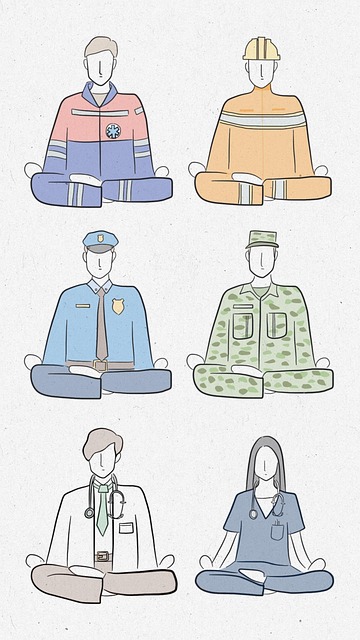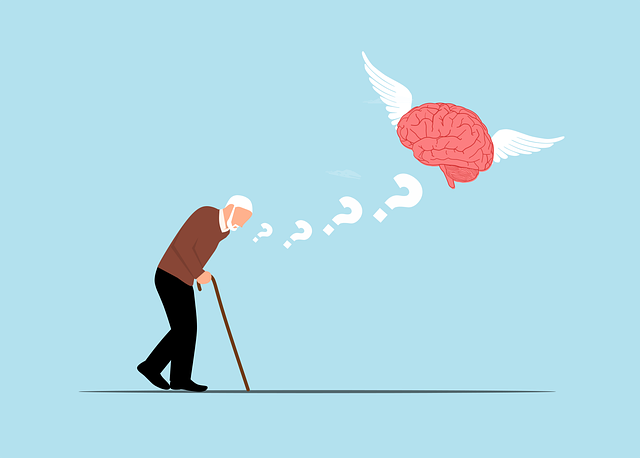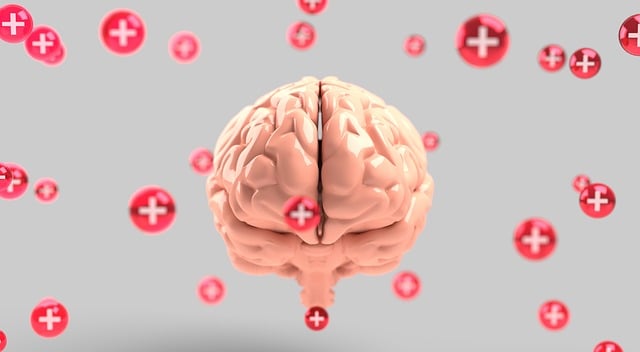Creating a supportive environment at Centennial Chronic Pain Therapy is pivotal for effective mental wellness groups, encouraging open emotional expression for conditions like chronic pain and depression. Facilitators employ non-judgmental listening, emotion validation, and peer support to enhance well-being and build community. Effective communication through active listening techniques and structured approaches like guided meditations aids in trust building and managing challenges. Tailored support, including evidence-based methods like CBT and mindfulness, fosters resilience, social connections, and long-term mental wellness, with mindfulness practices improving self-awareness and coping strategies for chronic pain management.
Mental wellness group facilitation is a powerful tool for fostering healing and support. This article explores effective techniques for facilitators, from creating safe spaces to implementing evidence-based practices. We delve into the dynamics of group therapy, emphasizing personalized care within diverse individual needs. Key topics include communication strategies for building trust, the role of mindfulness in pain management, and how Centennial Chronic Pain Therapy incorporates these principles. By understanding these methods, facilitators can enhance their approach to mental wellness support.
- Understanding Mental Wellness Group Dynamics: Creating a Safe Space
- Effective Communication Strategies for Facilitators: Building Trust and Connection
- Centering on Individual Needs: Personalized Support in Group Settings
- Evidence-Based Techniques for Group Facilitation: A Comprehensive Approach
- The Role of Mindfulness and Chronic Pain Management in Group Therapy
Understanding Mental Wellness Group Dynamics: Creating a Safe Space

Creating a supportive environment is paramount when facilitating mental wellness groups. This involves cultivating a safe space where individuals feel comfortable expressing their experiences and emotions openly, free from judgment or stigma. In the context of Centennial Chronic Pain Therapy, for instance, group members might share their struggles with chronic pain, anxiety, or depression. A skilled facilitator ensures that each voice is heard, fostering an atmosphere of empathy and understanding.
By encouraging active participation through non-judgmental listening, validating emotions, and promoting peer support, facilitators enhance emotional well-being promotion techniques. This safe space not only encourages individuals to share their stories but also cultivates a sense of belonging and community, acting as a powerful tool in depression prevention and confidence boosting.
Effective Communication Strategies for Facilitators: Building Trust and Connection

Effective communication is a cornerstone of successful group facilitation, particularly when addressing complex issues like chronic pain and mental wellness. Facilitators play a vital role in building trust among group members, fostering an environment where individuals feel safe to share their experiences openly. Centering on active listening, facilitators should employ techniques that encourage participants to express their thoughts and emotions freely. This involves reflecting back sentiments, paraphrasing statements, and asking clarifying questions, thereby demonstrating empathy and understanding.
Promoting emotional well-being requires not only open dialogue but also a structured approach. Facilitators can implement Emotional Well-being Promotion Techniques such as guided meditations or stress reduction methods to help group members manage their symptoms. Additionally, integrating Risk Management Planning for Mental Health Professionals ensures that facilitators are equipped to handle potential challenges, fostering a supportive atmosphere where participants feel supported and empowered to navigate their mental health journeys collaboratively, much like navigating the complexities of Centennial Chronic Pain Therapy.
Centering on Individual Needs: Personalized Support in Group Settings

In group settings, facilitating mental wellness involves a nuanced approach that centers on individual needs, ensuring personalized support for each member. This tailored method is especially crucial when addressing complex issues like chronic pain. In the context of Centennial Chronic Pain Therapy, group facilitators play a pivotal role in creating an environment where participants can navigate their challenges collectively while receiving individualized attention.
By incorporating techniques such as coping skills development and emotional well-being promotion, facilitators empower individuals to manage their moods effectively within the safety of a supportive community. This personalized approach not only enhances each participant’s ability to cope but also fosters social connections, creating a network that supports long-term mental wellness and resilience.
Evidence-Based Techniques for Group Facilitation: A Comprehensive Approach

In facilitating mental wellness groups, a comprehensive approach that incorporates evidence-based techniques is essential for achieving positive outcomes among participants, particularly those dealing with chronic pain. Techniques such as cognitive-behavioral therapy (CBT), mindfulness practices, and group psychotherapy have been rigorously studied and proven effective in treating various mental health conditions, including chronic pain management via Centennial Chronic Pain Therapy. These strategies promote a safe and supportive environment where individuals can share experiences, gain insights, and develop coping mechanisms tailored to their unique needs.
A skilled facilitator plays a pivotal role in tailoring these techniques to suit diverse group dynamics. This involves fostering cultural sensitivity in mental healthcare practice, ensuring inclusivity, and addressing individual differences. By integrating Public Awareness Campaigns Development and Mental Health Policy Analysis and Advocacy into group sessions, facilitators can enhance understanding, dispel stigma, and encourage open dialogue. Ultimately, this comprehensive approach not only improves mental wellness but also fosters a sense of community among participants, empowering them to navigate their challenges with resilience and support.
The Role of Mindfulness and Chronic Pain Management in Group Therapy

Mindfulness and chronic pain management play a pivotal role in group therapy settings, offering participants powerful tools for improving their mental wellness. In the context of Centennial Chronic Pain Therapy, facilitating sessions that incorporate mindfulness techniques can significantly enhance the therapeutic experience. These practices encourage individuals to focus on the present moment, fostering self-awareness and acceptance, which are essential components of managing chronic pain.
By engaging in regular Self-Awareness Exercises, group members can develop Inner Strength Development and improve their Mental Health Awareness. Mindfulness meditation, breathing exercises, and body scans help participants acknowledge and cope with physical sensations, emotions, and thoughts associated with their pain. This process supports a shift from reactive to proactive coping strategies, enabling individuals to navigate their pain journey with greater resilience and improved mental wellness outcomes.
Mental wellness group facilitation is a powerful tool, offering tailored support within diverse settings. By combining safe space creation, effective communication, personalized attention, and evidence-based techniques, facilitators can significantly enhance individual well-being, particularly in managing chronic pain. Incorporating mindfulness practices has proven to be a game-changer, providing participants with valuable tools for navigating life’s challenges. This comprehensive approach, as highlighted in this article, ensures that group therapy remains accessible, effective, and impactful, potentially revolutionizing how we support mental health on a collective scale, including those seeking Centennial Chronic Pain Therapy.














